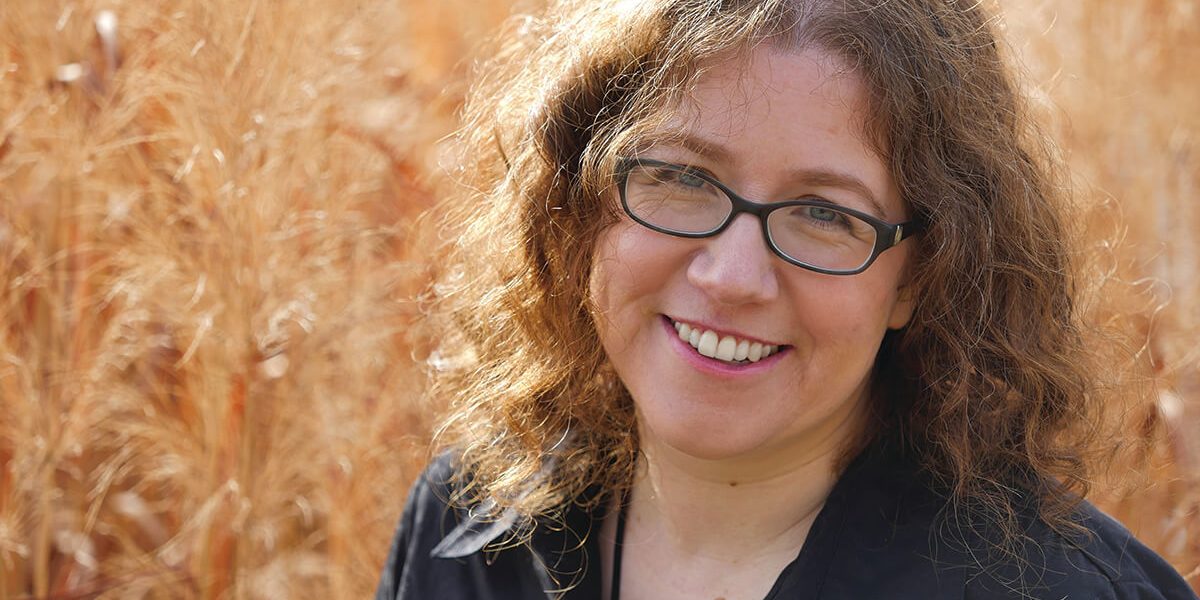Arts & Culture
Sarah Pinsker Talks Themes of Technology and Identity in Debut Novel
Pinsker's "A Song for a New Day" imagines a Baltimore where public gatherings are outlawed.
Your Twitter bio says “Baltimorean by choice.” Why did you make that choice?
I hadn’t spent a lot of time in the city when I was at school [Goucher College], but I ended up mov- ing downtown and just really liked it here. I liked the pace of things and the fact that people accepted that it was viable to be an artist and living here and that people weren’t pushing you and asking what you do.
What did you want to say about the city you call home?
I wanted to see a Baltimore a few years down the line where some of the issues in the city had been dealt with and some maybe hadn’t. And the technology that’s inherent [in the novel] does actually improve some things and it breaks other things. And I thought this was a good place to kind of mess with that.
What’s your relationship with technology like?
I’m probably a little resistant
to some technology, which is a funny thing for a science fiction writer. I take a while to adopt new things. I love playing with new technologies in my head. I love exploring what could be useful and what could go wrong. But in terms of what I could actually do for myself, I tend to stick to the things I know.
The novel’s chapters are divided between its two main characters—why did you decide to use that as a narrative device?
The way that I figured out how to write this novel was as a song. Drafting and the finished product are entirely different beasts. For me, you do what you need to do to get a draft done.
Most of the story is set in the “After,” where public gatherings—like live shows—are illegal and banned. How do you think that would play out in real life?
It’s a hard question these days. You look around and there are things that surely we would say, “This is the line, and we’re not going to cross it.” And we keep seeing the line get pushed. For me, speculative fiction is not meant to be prophetic. You’re not setting out to predict anything. It’s a prism for the now.
Were there certain political things that you felt you wanted to include?
I finished the first draft before the election in 2016, and I am glad of that. I think it’s a hopeful novel and I don’t know if it would’ve been as hopeful. It’s gotten harder to write hopeful. I probably in later drafts infused some stuff that I was feeling about current politics because I get to do that and I think some of that stuff is a reaction.
One of the characters in the novel is from your novelette Our Lady of the Open Road. How did you go about balancing that for people who are first being introduced to you with this book?
The novelette is set later, so this is meant to be their introduction either way. I think people who’ve read that story will recognize her and the situation. You could read either.
How does your short story collection—which came out earlier this year—feed off of this novel? What’s it like to have two books out in short order?
It’s an interesting thing [for a reader] to get a one-two punch. I had never dreamed of actually being a novelist. The short story collection was the pinnacle of everything I had dreamed of. But I’m also very excited that I wrote a novel that has my entire heart in it—something that looks like what I want it to look like and feels like what I want it to feel like.
